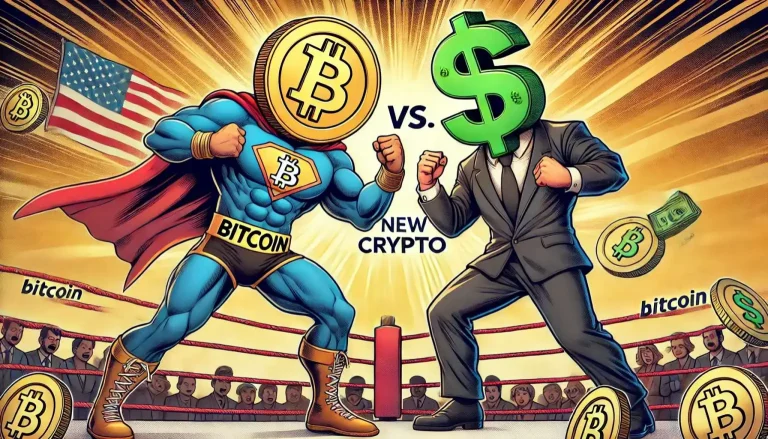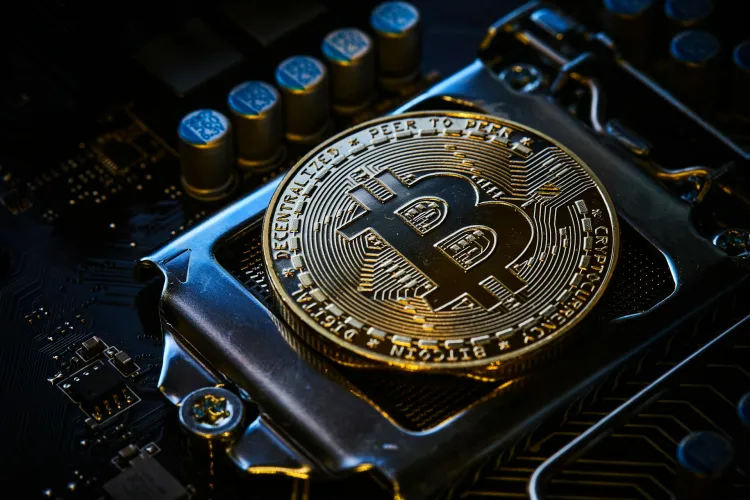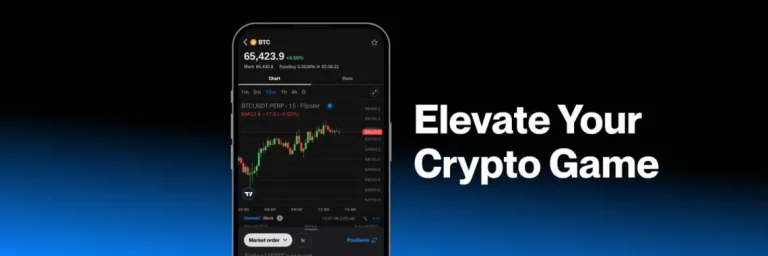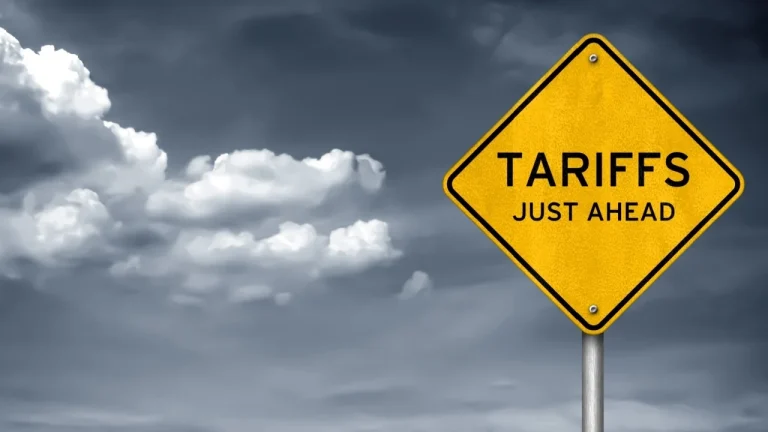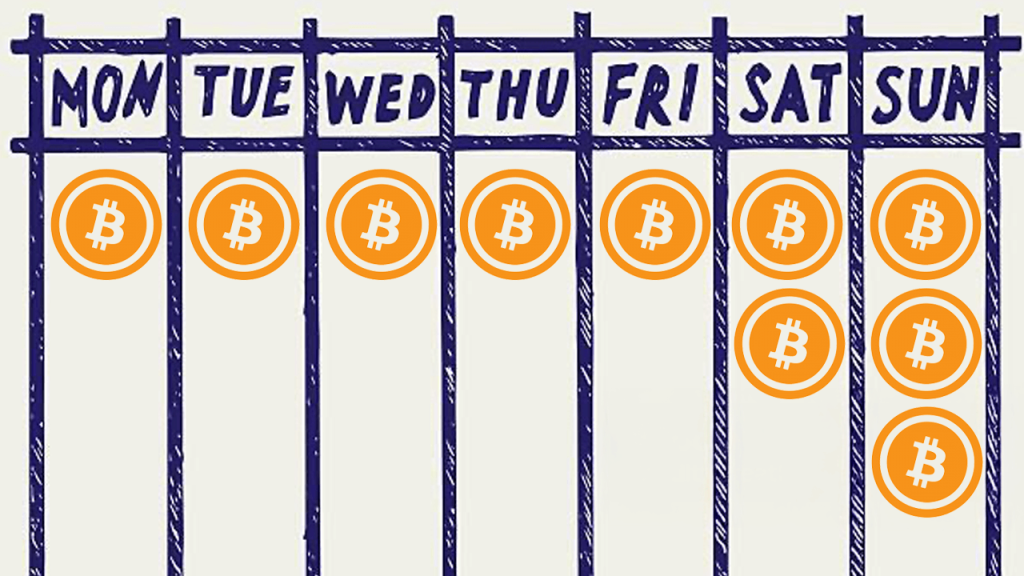
Bitcoin, the world’s leading cryptocurrency, has become a major asset class in both retail and institutional markets. As the cryptocurrency market matures, it has been revealed that Sundays see a consistent spike in Bitcoin trading activity. This surge in activity is largely attributed to the involvement of institutional investors, whose trading strategies tend to operate around the hours when traditional financial markets are closed. This unique trend offers valuable insights into how the cryptocurrency market operates in comparison to traditional assets, as well as the influence institutional players have over the price of Bitcoin.
The Role of Institutional Investors in the Bitcoin Market
The rise of institutional investors in the cryptocurrency market is no longer a new phenomenon. Over the past few years, large hedge funds, investment firms, publicly traded companies, and even nation-states have entered the Bitcoin space. This institutional involvement has provided a significant boost to Bitcoin’s credibility and legitimacy as a financial asset. However, it has also introduced new trading behaviors and patterns that differ from the more traditional, retail-dominated markets.
Institutional investors typically have substantial capital at their disposal, and their trading activity can greatly influence market prices. Unlike retail traders, who are more likely to be active throughout the day, institutional investors often trade during specific periods, such as when the traditional financial markets are closed, creating distinct patterns in Bitcoin’s price and trading volume.
The Sunday Trading Surge: A Key Insight
According to recent reports, Sundays have become a significant day for Bitcoin trading activity, especially in relation to the activities of institutional investors. When traditional markets are closed for the weekend, the cryptocurrency market remains active 24/7. This gives institutional investors an opportunity to engage in Bitcoin trading without the competing influence of other asset classes, such as equities or commodities.
This surge in Sunday activity is due to a variety of reasons:
- Market Timing: Traditional financial markets are closed on weekends, leaving Bitcoin as one of the few active markets. Institutional investors are often looking for opportunities to make adjustments to their portfolios during this period, especially in anticipation of market movements that may occur once the traditional markets open on Monday. As a result, institutional traders tend to increase their involvement in the Bitcoin market on Sundays.
- Increased Liquidity and Reduced Competition: With traditional markets closed, institutional traders often find that there is less competition for liquidity in the Bitcoin market. This allows them to execute trades more easily without facing the intense competition from other financial assets. Furthermore, since Bitcoin is a globally accessible asset, institutional investors are free to adjust their positions on a 24/7 basis, including during weekends when global stock exchanges are closed.
- Portfolio Rebalancing: Many institutional investors engage in portfolio rebalancing, which involves adjusting the weightings of different assets in response to changes in market conditions. Sundays provide a low-stress period where institutional investors can make strategic moves in Bitcoin without the distraction of other financial markets. This rebalancing activity often leads to a spike in trading volume and price fluctuations on Sundays.
- Hedging Strategies: Another factor behind Sunday’s increased Bitcoin trading volume is institutional hedging. Many large investors use Bitcoin to hedge against potential market movements or to gain exposure to an alternative asset class. By trading Bitcoin on Sundays, institutional investors can adjust their hedges ahead of the opening of traditional markets on Monday, protecting their portfolios from potential risks in the coming week.
The Impact of Sundays on Bitcoin Price Movements
The Sunday trading spike can lead to increased volatility in Bitcoin’s price. Because institutional investors have more capital to move the market, their trades often lead to sharp price movements, especially during periods of low liquidity when fewer retail traders are actively participating in the market. Here’s how Sundays influence Bitcoin’s price dynamics:
- Increased Volatility: As institutional traders execute large orders on Sundays, Bitcoin’s price often experiences sharp fluctuations. Even small movements in price can result in significant percentage changes, particularly when market liquidity is low, which typically occurs over the weekend.
- Price Gaps: Another notable phenomenon associated with increased institutional trading on Sundays is the occurrence of price gaps. These gaps occur when Bitcoin’s price opens at a significantly different level from where it closed on Saturday, often due to large institutional buy or sell orders placed over the weekend. These gaps can be especially pronounced when news or macroeconomic events trigger institutional activity.
- Quick Reversals: Given the volatility and the potential for sudden price moves, Bitcoin often experiences quick reversals in direction. Institutional traders, who are often involved in executing large trades, may drive the price higher temporarily, but if they decide to liquidate positions or change strategy, the market can quickly reverse course.
- Short-Term Momentum: The influx of institutional capital on Sundays can also generate short-term price momentum. A surge in buying activity can push Bitcoin higher, creating a bullish trend that may persist through Sunday and into Monday. Conversely, if institutions are selling, the market may experience downward pressure.
Retail Traders and the Sunday Effect
While institutional investors are the main drivers behind the Sunday trading spike, retail traders can also take advantage of this phenomenon. Understanding that institutional activity can lead to increased volatility offers retail traders an opportunity to capitalize on these price fluctuations.
Here are a few ways retail traders can position themselves to benefit from the Sunday trading surge:
- Risk Management: Retail traders should be prepared for increased volatility on Sundays. It’s important to set stop-loss and take-profit orders in order to manage risk effectively. This way, traders can protect themselves from sudden price movements caused by institutional trades.
- Capitalizing on Short-Term Trends: Retail traders can take advantage of the short-term momentum generated by institutional investors. If Bitcoin’s price is surging on Sunday due to large institutional buys, retail traders may look to enter positions in anticipation of continued upward movement. Conversely, if Bitcoin is under pressure from institutional selling, traders may choose to short the market or wait for a better entry point.
- Leveraging Market Data: By monitoring on-chain data, trading volume, and price action, retail traders can gain valuable insights into institutional activity. This data can help them identify when institutional players are likely to be active and when they can expect increased volatility.
- Focusing on Technical Analysis: Given the heightened volatility and price fluctuations on Sundays, retail traders can use technical analysis to time their entries and exits. By keeping an eye on key support and resistance levels, traders can increase their chances of making profitable trades during these periods of increased market activity.
Conclusion: The Growing Role of Institutional Traders on Sundays
The rise in institutional trading activity on Sundays marks an important development in the cryptocurrency market. As Bitcoin becomes more integrated into global financial markets, institutional investors have increasingly turned to it for portfolio diversification, risk hedging, and speculation. Sundays, with their unique trading environment devoid of traditional market competition, have become a prime time for institutional involvement.
For retail traders, understanding the role that institutional investors play in Bitcoin’s weekend price action is crucial. By leveraging this knowledge, they can position themselves to profit from the increased volatility and short-term trends driven by institutional trading on Sundays. As Bitcoin continues to evolve and institutional participation grows, this Sunday spike in trading volume may become a more predictable and strategic opportunity for market participants on both sides of the trade.
